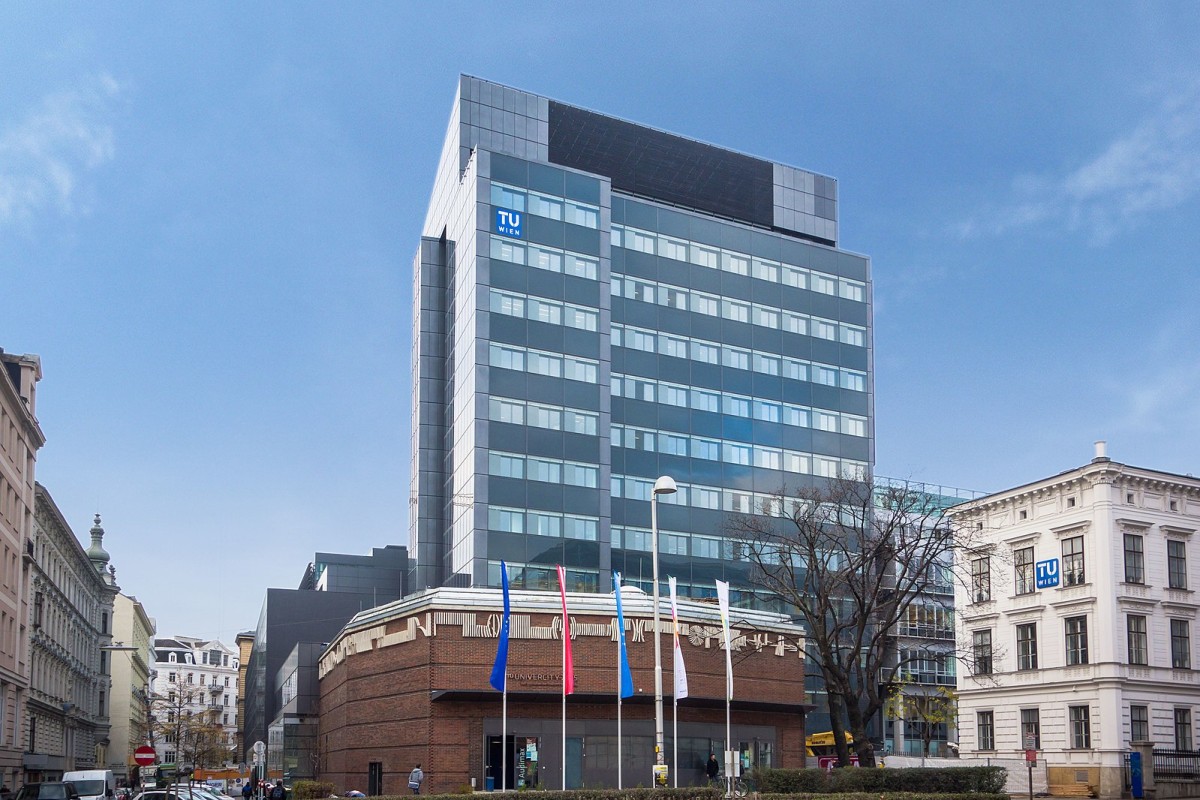Sponsored Content
Trilateral Meeting Discussed Energy Transition and Energy Innovation
A trilateral conference was held at the Technical University of Vienna, where Italian, French, and Austrian energy actors discussed the topics of energy innovation and the energy transition. The discussion panels included topics such as the role of gas and nuclear power in European decarbonization, the importance of renewable energy sources, and the potential of solar energy in Europe.
 The conference was held at the TU Plus Energy Office Tower, a unique building on the Getreidemarkt in Vienna that is an example of the future of construction and sustainable renovation of office buildings. / Picture: © Wikimedia Commons, Dawid Michulec, CC BY 4.0
The conference was held at the TU Plus Energy Office Tower, a unique building on the Getreidemarkt in Vienna that is an example of the future of construction and sustainable renovation of office buildings. / Picture: © Wikimedia Commons, Dawid Michulec, CC BY 4.0
The French Ambassador to Austria, Gilles Pécout, opened the conference and stressed the importance of decarbonization as a political goal for Europe. A main topic of discussion was the role of gas and nuclear power in European decarbonization. While Federico Rocchi, Director of the Department of Nuclear Safety Technology and Fusion, ENEA, proposed the establishment of small nuclear…
or Log In
Fast News Search





